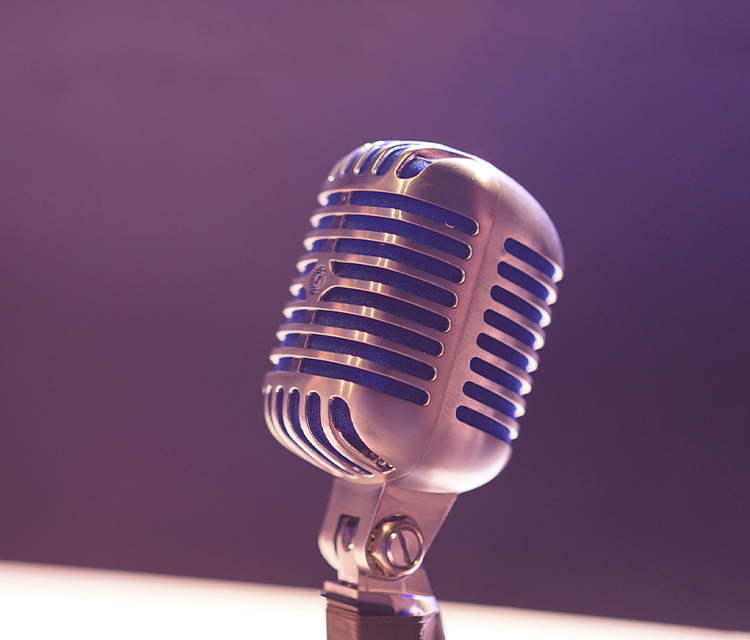We often joke about Unlocking Us and Dare to Lead being pause-casts, not podcasts. I have a habit of taking long pauses to think about a question or an answer. Last week, I took a bigger pause, and I’d like to walk you through it.
On Saturday, January 29, I posted across social media that I would not be releasing any podcasts until further notice. I’d had hundreds of comments across social media asking my opinion on the Spotify/Joe Rogan issue, and I didn’t know enough to comment. I didn’t want to drop new podcasts without responding to the question, so I decided to hold my podcasts and learn more. Because I had a podcast scheduled to release at 12:01 a.m. on January 31 and another on February 2, I thought it was important for weekly listeners to know that nothing would drop this week.
I paused because, as a creator with two podcasts exclusively on Spotify, I wanted to better understand the organization’s misinformation policy. I wanted to talk to the Spotify leadership about their position, their policies, and the application of those policies. I met with them twice last week and once again this week. I’ve listened, they’ve listened, and my assessment is that everyone is open and learning—including me.
Sadly, on social media, my post has turned into a shit show, driven by unfounded accusations of censorship.
Comments like “I’m canceling you for canceling people” and “I hate censors so you shut up” and “I’m burning your books because I don’t agree with you” would be ironic and funny if they didn’t demonstrate a complete lack of critical thinking.
For everyone who said this pause was out of line with my work, you clearly skipped all of the places where I’ve talked about pausing, getting curious, and asking questions.
Let me be clear:
1. I’m not interested in canceling or silencing or censoring anyone, including Joe Rogan. This was not, nor has it ever been, framed to the public or to Spotify as “me or Joe.” HARD STOP.
2. I do not support censorship. I have a long history of supporting free speech and supporting organizations that protect free speech. My support for the First Amendment has been unwavering—even when what is being said turns my stomach. Some of my hardest moments as a social worker were defending the rights of people to speak their minds even though I disagreed with every single word coming out of their mouths.
3. As a creator on Spotify, my ask has been very straightforward since the beginning: I’d like Spotify to have a transparent misinformation policy (made available to the public) that balances addressing the complex misinformation issues we face today while respecting free speech. And to be meaningful, this policy must be applied across the platform without exception.
4. Personally, I would never want to silence debate about vaccine safety and efficacy because the lack of critical discussion actually increases vaccine hesitancy. However, rigorous debate that benefits the public does not include the dissemination of misinformation.
5. Both censorship and misinformation are threats to public health and democracy. Rather than falling prey to believing that we have to tolerate one to protect against the other, our collective well-being is best served when we approach debates and discourse with curiosity, critical thinking, and a healthy skepticism of false dichotomies.
I’ve enjoyed the creative collaboration with Spotify, and I appreciate how the leadership has shown up in our meetings over the past week. Now that Spotify has published its misinformation policy, and the policy itself appears to address the majority of my concerns, I’m in the process of learning how the policy will be applied. I’m hopeful that the podcasts will be back next week.
No matter what I say or what I do, some of you will be frustrated, disappointed, or pissed off. That’s OK. I will never stop sharing my opinions and beliefs to make anyone feel better, or more comfortable, or to gain your approval. Not now. Not ever.
For those of you who expressed concern about censorship/misinformation issues, asked for more information, and engaged in real dialogue—thanks. I appreciate the conversation.
